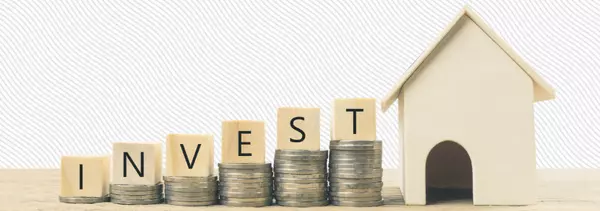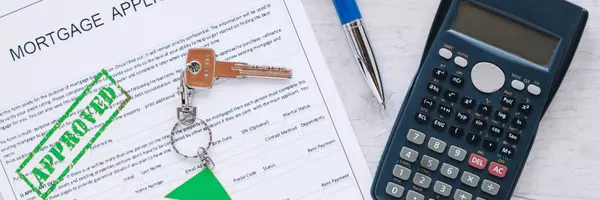
Unlocking the Mystery: Top Secrets of Buying Real Estate Revealed!
Hey there, fellow adventurers in the world of real estate! Whether you're a seasoned pro or a fresh-faced newbie, diving into the housing market can feel like embarking on a quest fraught with mystery and intrigue. But fear not, dear reader, for I come bearing the sacred scrolls of real

Common Mistakes of First-Time Homebuyers
First-time homebuyers often face a steep learning curve, and navigating the process can be fraught with pitfalls. Here are some common mistakes they may make: Skipping Pre-Approval: Failing to get pre-approved for a mortgage before house hunting can lead to disappointment and wasted time. Pre-appr

Why You Absolutely Need a Realtor (Unless You're a DIY Daredevil)
Hey there, fellow adventurers in the land of house hunting! Today, we're going to dive headfirst into the wild and wacky world of real estate and explore why having a realtor by your side is basically the equivalent of bringing a GPS on a jungle expedition – absolutely essential. Now, I know what y
Categories
Recent Posts











